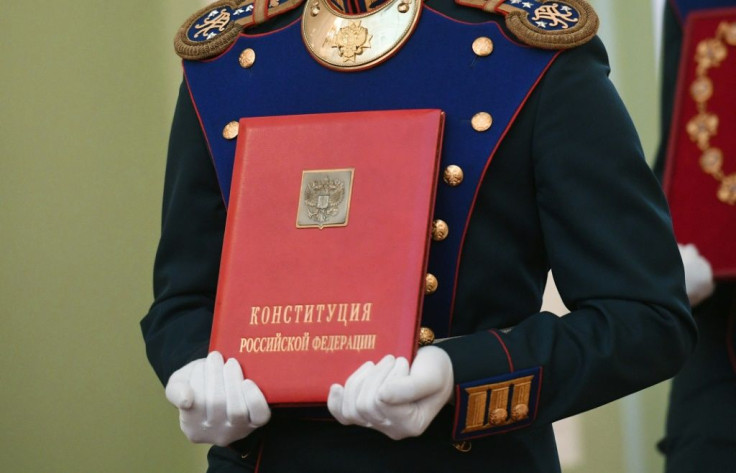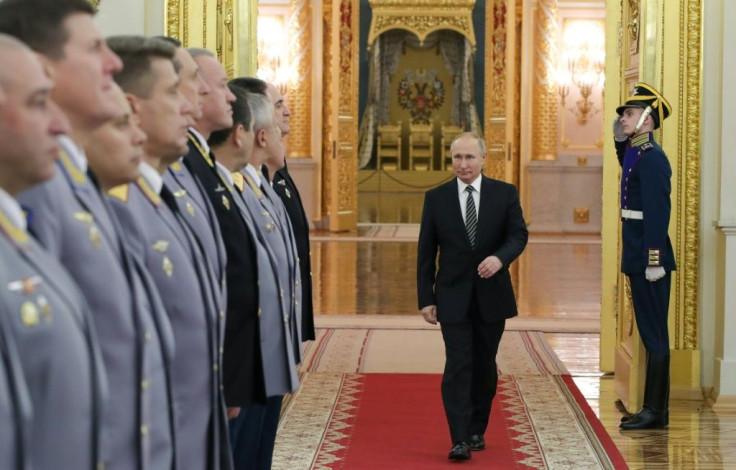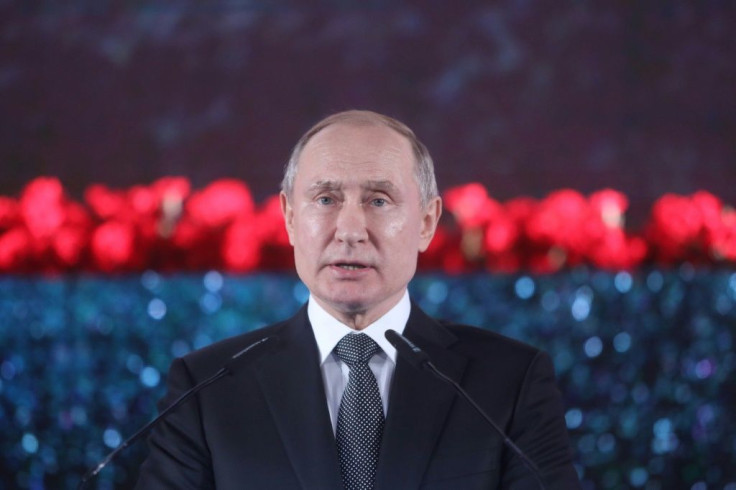Russian MPS Give Quick First Approval To Putin Reforms

Russian lawmakers on Thursday unanimously approved a sweeping constitutional reform bill put forward by President Vladimir Putin in its first reading, after less than two hours of debate.
All 432 lawmakers present in the lower house State Duma voted in favour of the bill, just three days after the amendments were presented to parliament.
"This was a powerful show of unity," Duma speaker Vyacheslav Volodin said after the vote, adding that the key second reading was expected on February 11.
The bill will then face a third reading, but with parliament dominated by Kremlin-loyal lawmakers it is unlikely to face much pushback.
Putin made the call for reforms last Wednesday and it was quickly followed by the resignation of the government and the appointment of a new premier and cabinet.
The breakneck speed of the changes has fuelled speculation about Putin's plans, with some saying he is laying the groundwork to hold on to power after his current term expires in 2024.

The Russian leader has kept observers guessing with the plan, saying it will transfer more authority to parliament and other state bodies, but also maintain a strong presidency.
Once approved in three readings in the Duma, the bill will go to the upper house, the Federation Council, before a final signature by Putin.
The president has also promised a nationwide public vote on the reforms that some officials suggest could take place within weeks, but it is not clear what form this will take.

Opposition leader Alexei Navalny tweeted that any public vote would be irrelevant once the bill is formally approved through regular channels.
"First the lawmakers will vote for (the amendments), and then they will offer people a 'toy vote' to create the illusion that it was adopted by them," he said, insisting the vote "would mean absolutely nothing".
In his state of the nation speech last week, Putin suggested altering the constitution because "things have changed dramatically" since it was adopted in 1993.

He outlined some proposals, including boosting the role of the State Council, currently an advisory body, giving more responsibilities to parliament, and introducing more stringent requirements for public officials.
Among the proposed changes, according to the text of the bill on the parliament's website, lawmakers, rather than the president, would confirm the prime minister but the president could still sack any candidate.
The president would also receive additional powers to overrule a bill adopted by a two-thirds parliamentary majority. Instead of being forced to sign such a bill, the president would be able to filter it through the Constitutional Court, where he can dismiss any judge.
Asked about the future role of the State Council, United Russia lawmaker Pavel Krasheninnikov said it would be formed by the president to "deal with foreign and domestic policy and strategic issues".
Some have suggested Putin could head the council after 2024 to keep the grip on power he has maintained for over two decades.
Putin on Wednesday reiterated his belief that Russia needs a strong presidency, saying parliamentary republics in Europe have been "malfunctioning".
"They can't form a government for six months: imagine if Russia lived with no government for six months, (it would be) a catastrophe!" he said, in what appeared to be a reference to Belgium.
"Russia... needs strong presidential authority."
Putin formed a "working group" of 75 people, including athletes and celebrities, to work on the amendments.
The group met only twice, however, and one of its members said it was clear that the bill had been written far in advance, before any input from the hastily formed group.
"I didn't work (on the amendments)," Yelena Alshanskaya, who heads a major orphan charity, wrote on Facebook on Tuesday.
"Clearly our role is merely ceremonial."
© Copyright AFP 2024. All rights reserved.




















